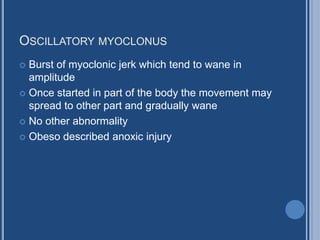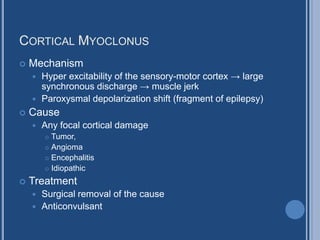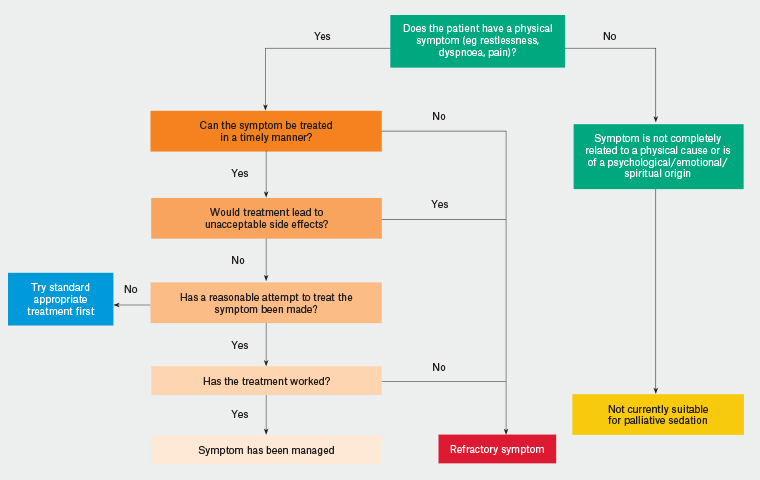myoclonic jerking end of life treatment
Web Myoclonus is defined as rapid brief jerky or shock-like movements involving muscle or group of muscles. Web A myoclonic seizure causes muscle jerking typically after waking up.
Everyone recognizes the common opioid side effects.
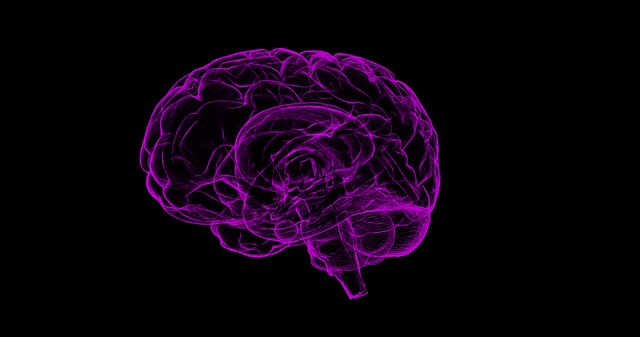
. Web Myoclonic jerks and inattentiveness may be rare neurologic complications of ATO toxicity. In this procedure doctors. Web Dantrolene treatment of opioid-induced myoclonus Anesth Analg.
It usually lasts for a few seconds so it often goes unnoticed. A hiccup is one type of myoclonic jerk. Web 1 hour agoThe market for repeat expansion disorders treatment is expected to grow at a CAGR of 135 during the forecast period of 2022 to 2030.
Choices about care and treatment at. Web Myoclonic jerks and falls. Clinicians must be aware of this rare toxicity given that the ATO and ATRA.
Web Myoclonus refers to sudden brief involuntary twitching or jerking of a muscle or group of muscles. It describes a clinical sign and is not itself a disease. Increasing Research of Rapid.
Constipation nausea pruritis and urinary retention. Web Myoclonic jerks are sudden muscle twitches or jerks that cannot be controlled by the person having them. Myoclonus refers to sudden brief involuntary twitching or jerking of a muscle or group of.
Fever may be caused by infection medicines or the cancer itself. Myoclonic jerks may be caused by taking very high doses of opioids for a long time. Web It may affect the arms legs face and voice.
Web When myoclonic jerking is severe drugs may be used to calm the patient down relieve anxiety and help the patient sleep. Learn about their symptoms. People with myoclonus often describe their signs and symptoms as jerks shakes or spasms that are.
Web This term used to describe a mental state that many terminal patients move through during their final stages of life is estimated to affect up to 85 of patients. Less well appreciated are the. Web Myoclonus has been described as a neuroexcitatory side effect of high doses of opioids.
Medication may be given to minimize jerking or twitching at the end of. Web Action myoclonusrenal failure AMRF syndrome causes episodes of involuntary muscle jerking or twitching myoclonus and often kidney renal disease. The twitching cannot be.
Web Sudden involuntary muscle movements called myoclonic jerks and the loss of reflexes in the legs and arms are additional signs that death is near. Web Myoclonic seizures are a type of seizure that causes sharp uncontrollable muscle movements. Its often caused by a lack of.
Web This procedure records the electrical activity of your brain and may help determine where in your brain the myoclonus originates. Myoclonus is not painful but. Aetiology classification and treatment Med J Aust.
Web From EPERCs Fast Facts. The muscular jerking is made worse by attempts at controlled voluntary movement. Theyre usually minor and brief but can happen with very severe seizure.
Among all hyperkinetic movement disorders.

Pdf Use Of Sedation To Relieve Refractory Symptoms In Dying Patients
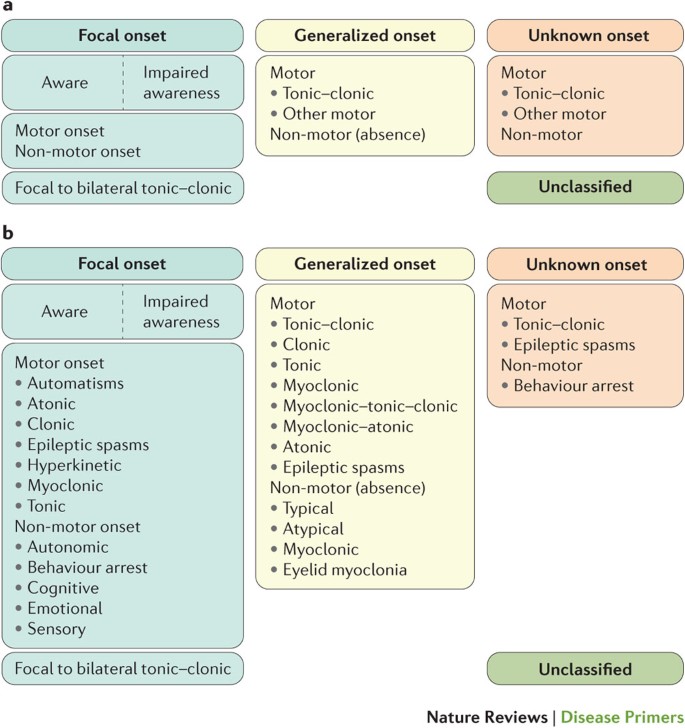
Epilepsy Nature Reviews Disease Primers

Myoclonic Seizures Medlink Neurology
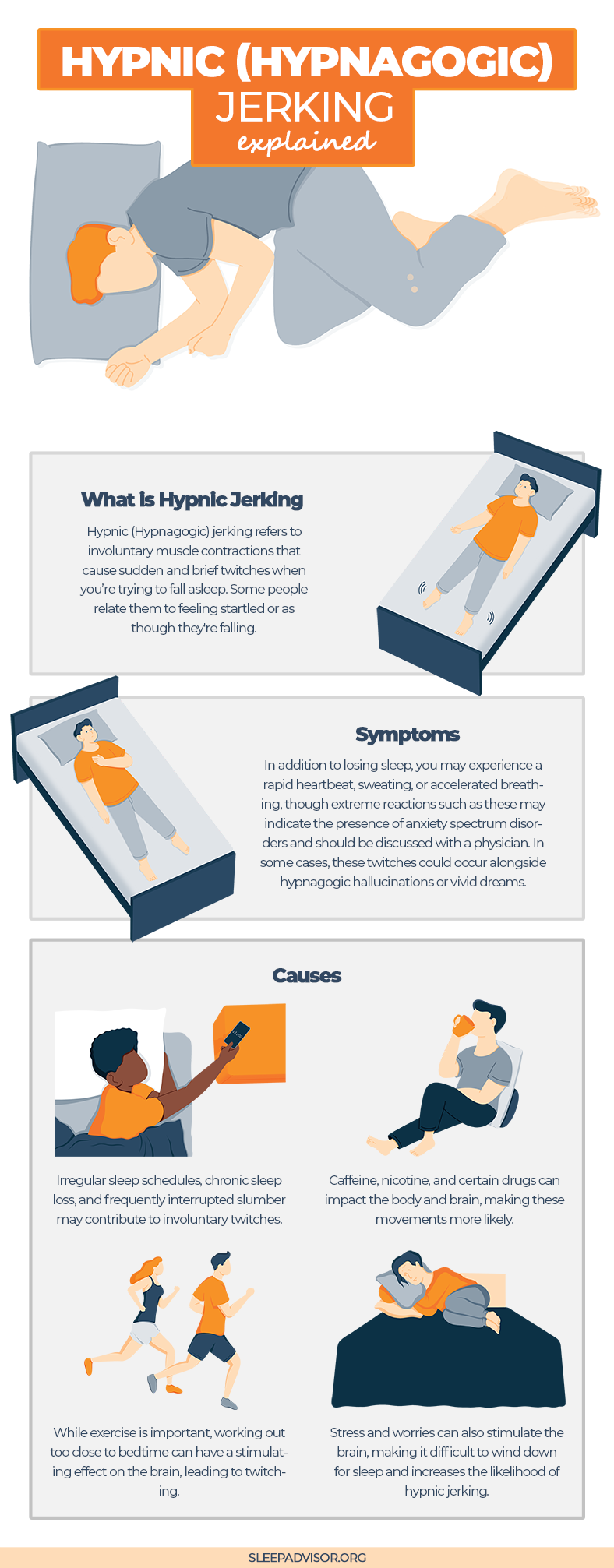
Hypnic Jerking What Are The Symptoms And How To Stop It
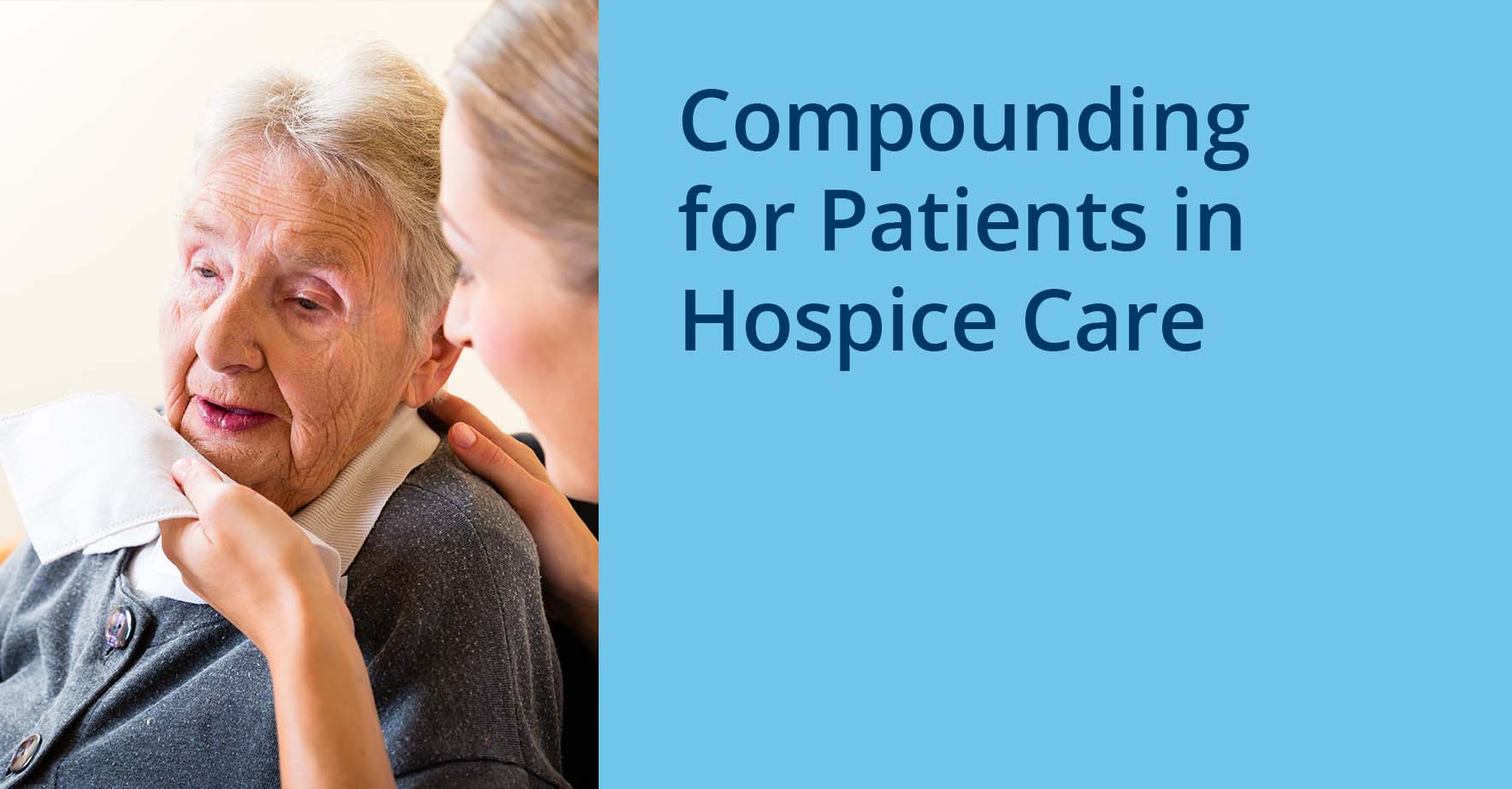
The Pcca Blog Compounding For Patients In Hospice Care
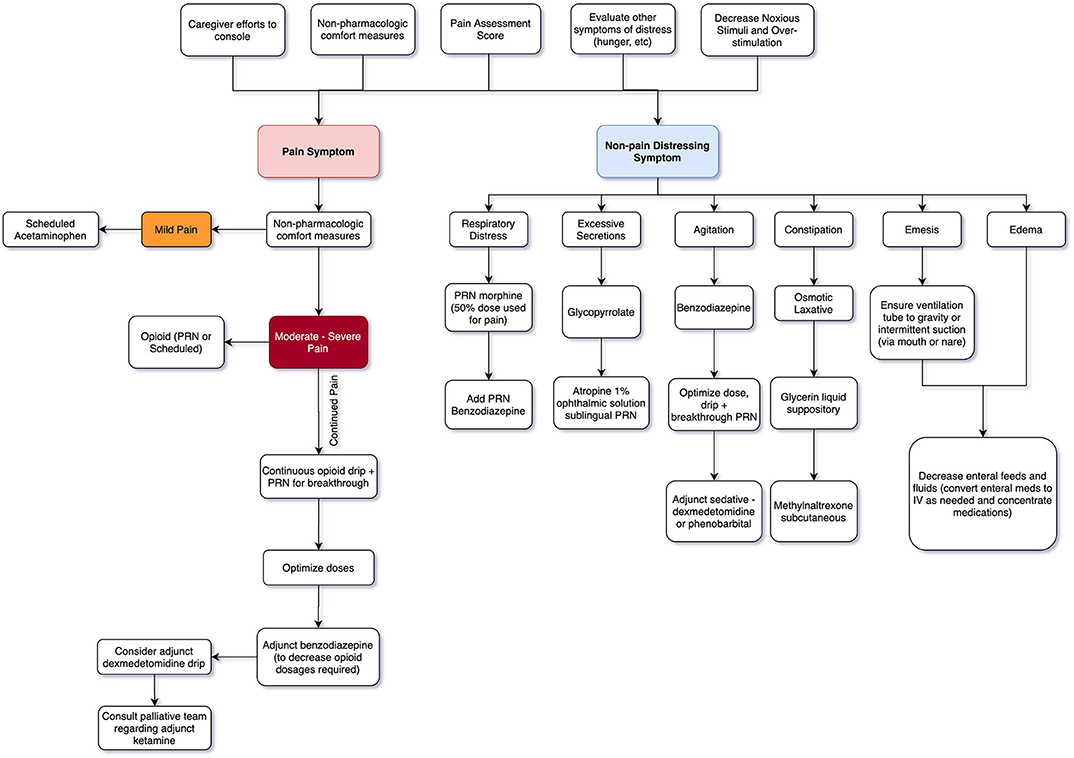
Frontiers End Of Life Care For Neonates Assessing And Addressing Pain And Distressing Symptoms

Pdf An Update And Review Of The Treatment Of Myoclonus
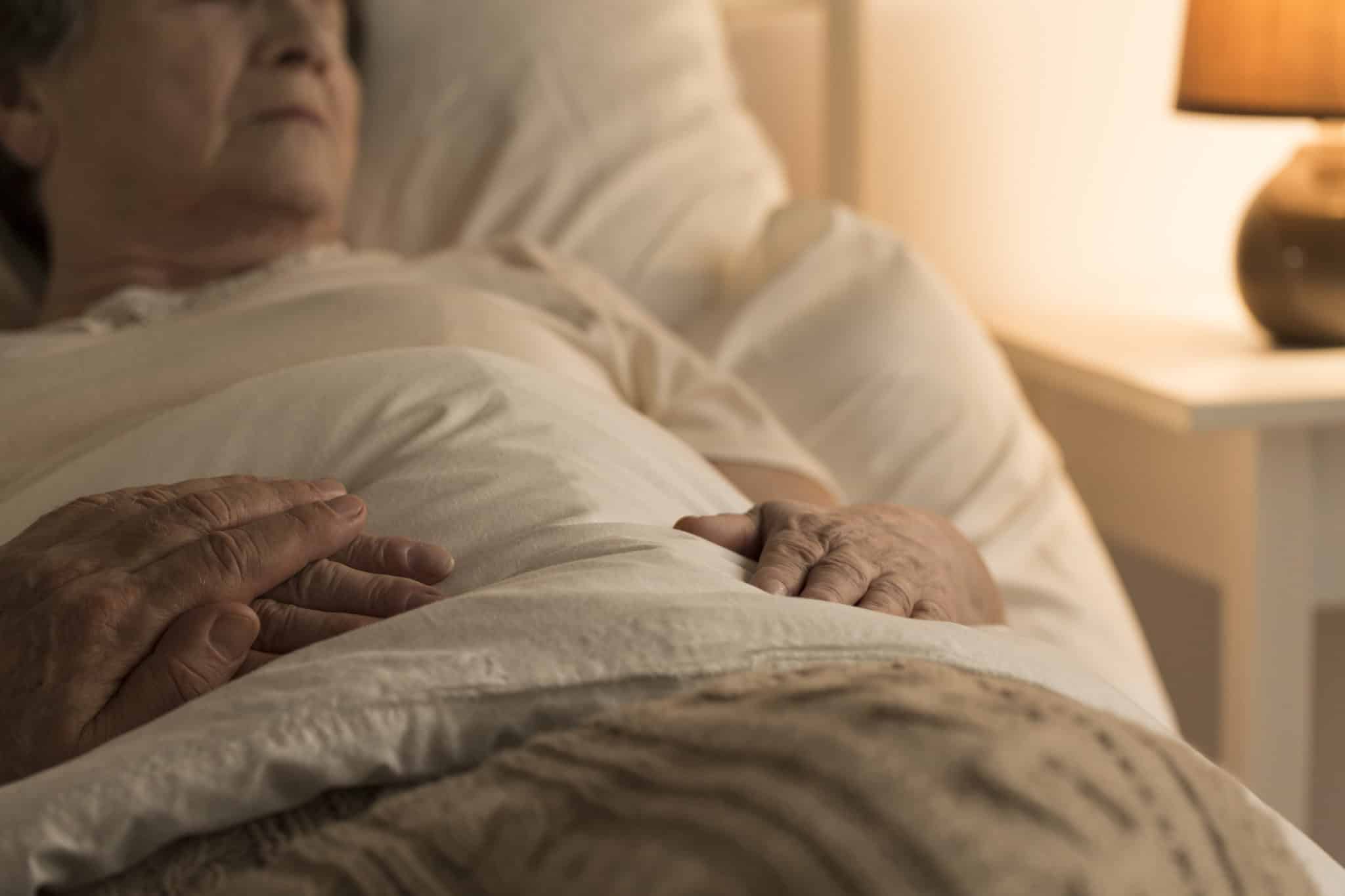
Terminal Restlessness And Hospice Patients A Guide

To Jerk Or Not To Jerk A Clinical Pathophysiology Of Myoclonus Sciencedirect
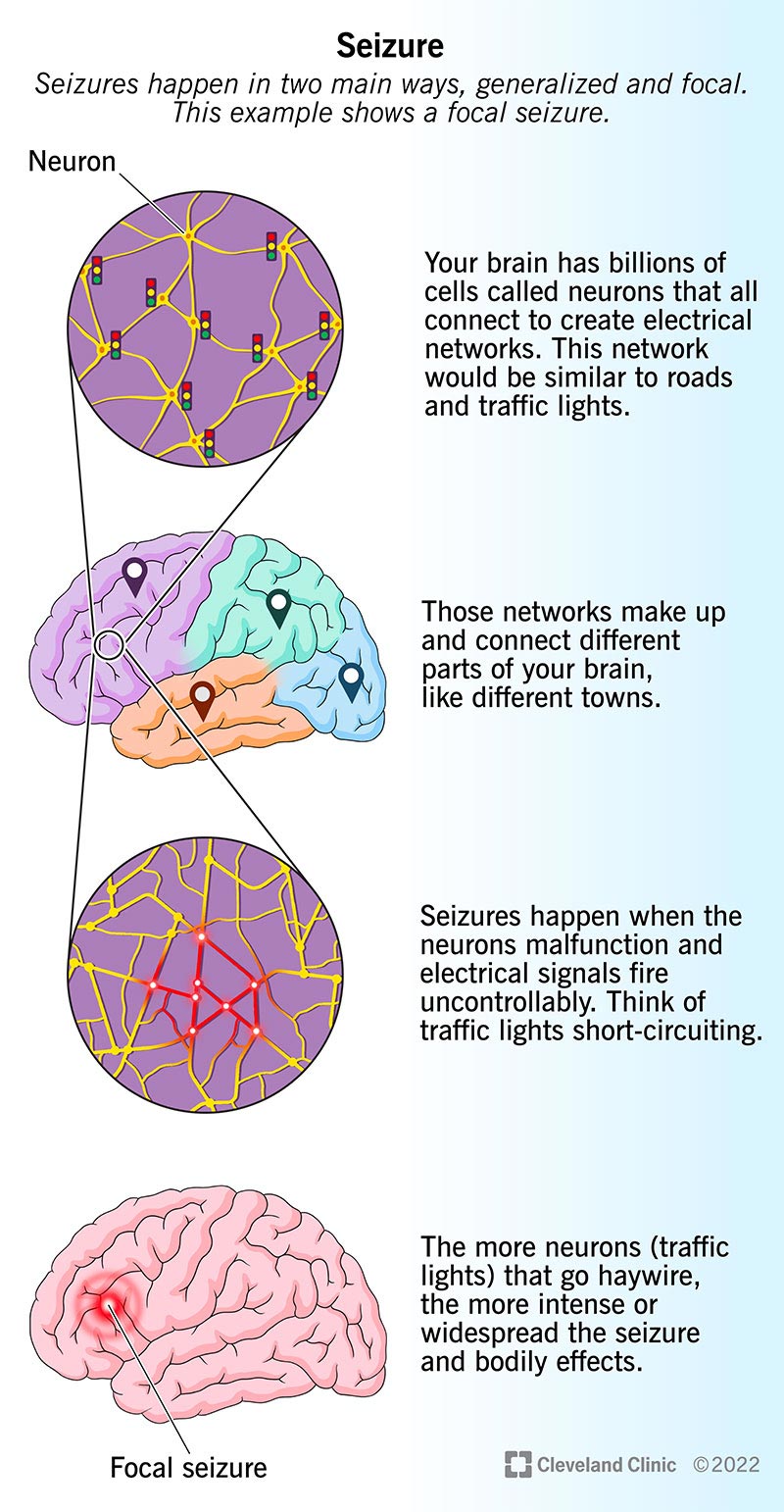
Seizure What It Is Causes Symptoms Types

Myoclonus Types Symptoms Triggers And More
Scottish Palliative Care Guidelines Pain Management
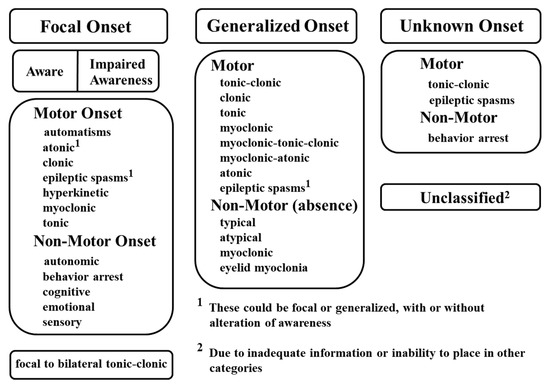
Nutrients Free Full Text Functional Nutrients For Epilepsy

The Spectrum Of Benign Myoclonus Of Early Infancy Clinical And Neurophysiologic Features In 102 Patients Caraballo 2009 Epilepsia Wiley Online Library
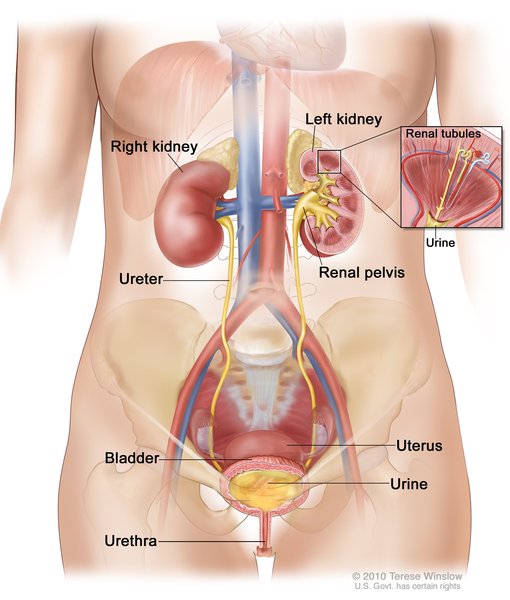
Action Myoclonus Renal Failure Syndrome Medlineplus Genetics
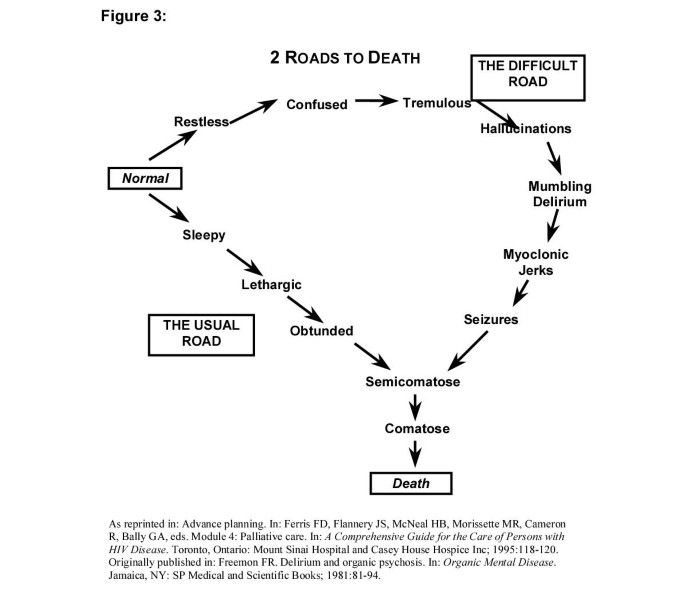
Ensuring Competency In End Of Life Care Controlling Symptoms Bmc Palliative Care Full Text

Myoclonus Ataxia Syndromes A Diagnostic Approach Rossi 2021 Movement Disorders Clinical Practice Wiley Online Library
